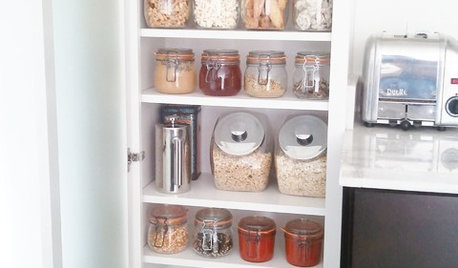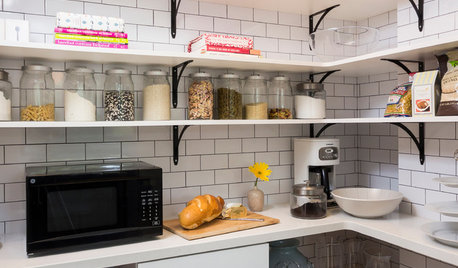Cash Register Receipts in Compost
dlangend1120
12 years ago
Featured Answer
Comments (13)
ralleia
12 years agoNevermore44 - 6a
12 years agoRelated Professionals
West Milford Landscape Architects & Landscape Designers · Mount Wilson Landscape Architects & Landscape Designers · Athens Landscape Contractors · Braintree Landscape Contractors · Centereach Landscape Contractors · Conroe Landscape Contractors · Deer Park Landscape Contractors · Lakeville Landscape Contractors · Overland Park Landscape Contractors · Paramus Landscape Contractors · Vancouver Landscape Contractors · West Chester Landscape Contractors · Welby Decks, Patios & Outdoor Enclosures · Cincinnati Decks, Patios & Outdoor Enclosures · Harrisburg Decks, Patios & Outdoor EnclosuresZoysiaSod
12 years agoralleia
12 years agodlangend1120
12 years agodeniselevine
11 years agomessypotter
11 years agotoxcrusadr
11 years agorandall_n
11 years agotoxcrusadr
11 years ago维珍
7 years agotoxcrusadr
7 years ago
Related Stories

HEALTHY HOME6 Tips From a Nearly Zero-Waste Home
Lower your trash output and increase your quality of life with these ideas from a mom who did it to the max
Full Story
MOST POPULARHow to Create an Inventory, Whether You're Naturally Organized or Not
Documenting your home items is essential, even if disaster seems unimaginable. And it may be easier than you think
Full Story
LIFE10 Smart Organizing Ideas That Make Life Easier
Rethink where and how you store household basics, from bills to baking supplies, to buy some time and save some headaches
Full Story
ORGANIZINGWant to Streamline Your Life? Get a System
Reduce stress and free up more time for the things that really matter by establishing specific procedures for everyday tasks
Full Story
DECLUTTERINGDownsizing Help: How to Get Rid of Your Extra Stuff
Sell, consign, donate? We walk you through the options so you can sail through scaling down
Full Story
CONTRACTOR TIPSBuilding Permits: When a Permit Is Required and When It's Not
In this article, the first in a series exploring permit processes and requirements, learn why and when you might need one
Full Story
LIFEThank U 4 the Gr8 Gift: How to Send Thanks in the Digital Age
We click open invitations and RSVP via text, but a handwritten thank-you is sometimes still best. Here's how to tell
Full Story
DECLUTTERINGHow to Declutter Without Going Minimalist
Here are 10 ways to get your home tidy and organized while keeping that personal touch
Full Story
KITCHEN DESIGN16 Practical Ideas to Borrow From Professional Kitchens
Restaurant kitchens are designed to function efficiently and safely. Why not adopt some of their tricks in your own home?
Full Story
REMODELING GUIDESWhat to Know About Budgeting for Your Home Remodel
Plan early and be realistic to pull off a home construction project smoothly
Full StoryMore Discussions






bi11me